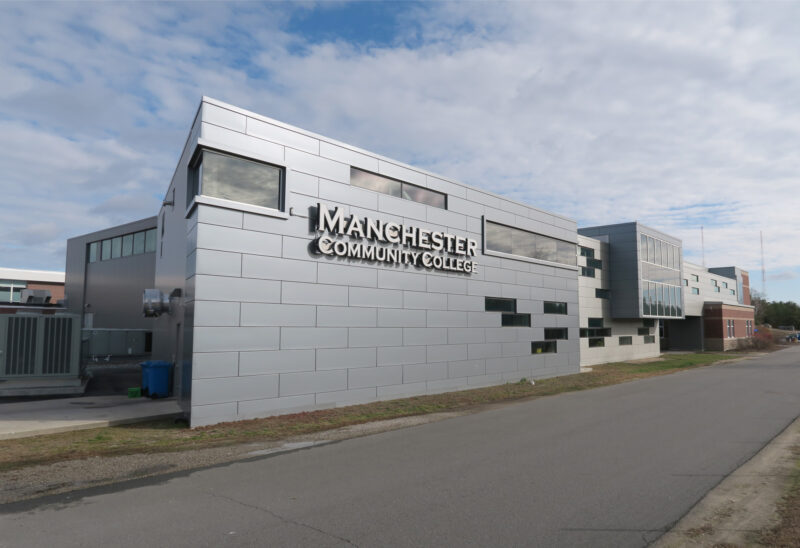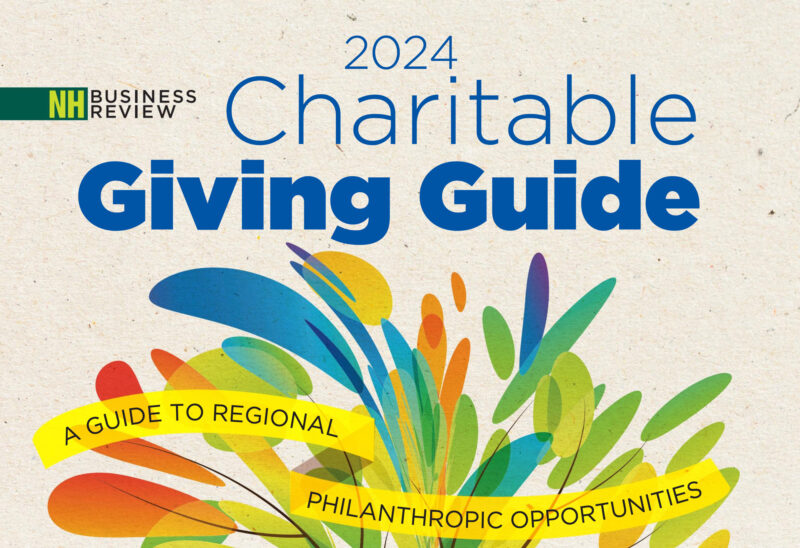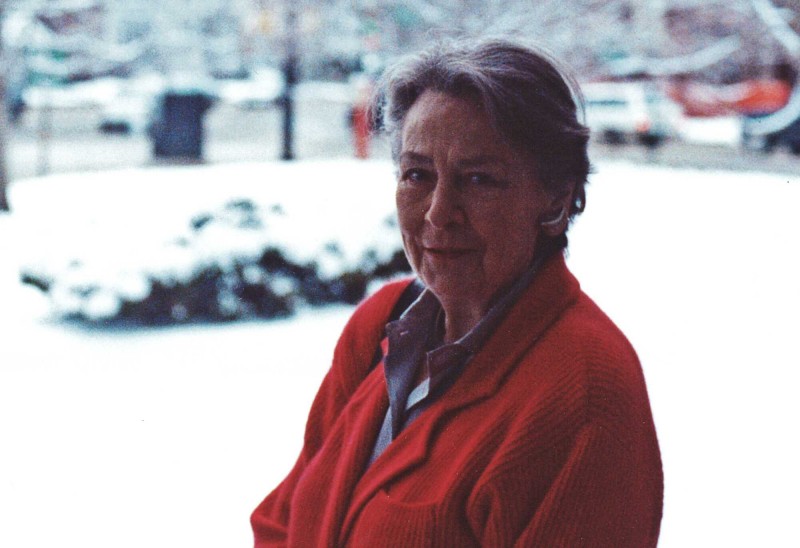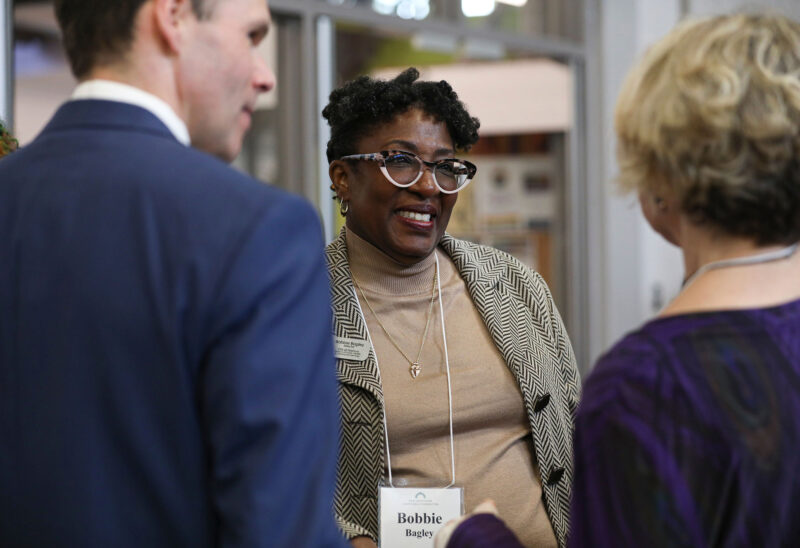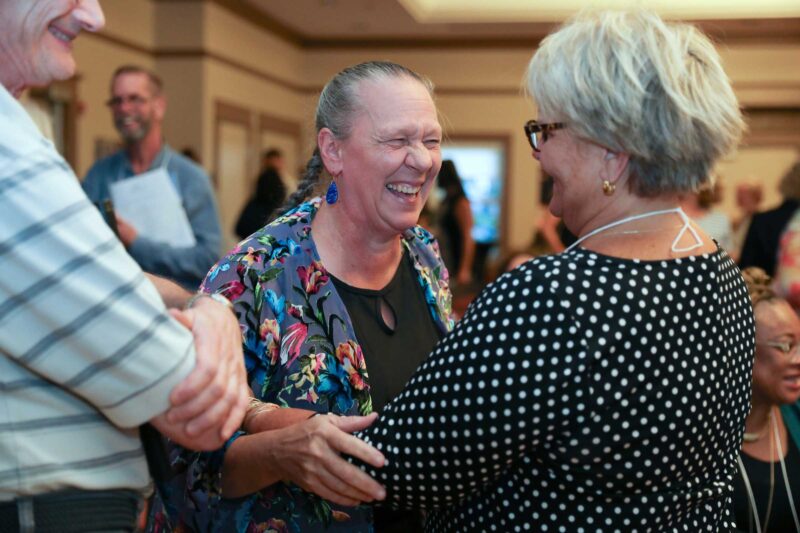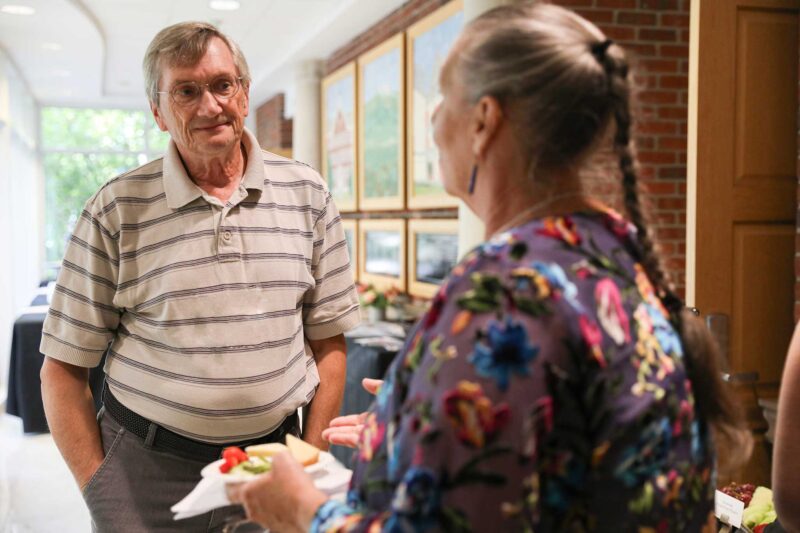The COVID-19 pandemic turned the world upside-down for children, leaving families and schools desperately looking for ways to help young people overcome feelings of profound uncertainty, anxiety and isolation.
Some turned to horses.
At Back in the Saddle Equine Therapy Center in Hopkinton, Executive Director Jaryn Hall-Haines created a program specifically to help young people cope with COVID’s fallout. She was inspired by a troubling comment from her 16-year-old son.
“As a ten year old, he went through cancer treatments and was able to handle the emotional impact so well,” she said. “During the pandemic, he told me ‘COVID is so much harder than cancer’ with the emotional impact it was having on his life. That spoke volumes to me as to what our teenagers were experiencing.”
COVID affected everyone, but teens were at high risk, losing their important social support networks at school or at other activities, struggling with online learning and wondering if they or someone close to them would get sick.
Back in the Saddle’s eight-week SOAR program combines behavioral health counseling and working with horses in weekly two-hour sessions to help kids learn how to cope with being a teen — difficult enough on its own — and being a teen during COVID, which complicated everything.
Why horses?
Horse owners will tell you that grooming, feeding and caring for horses is “therapy,” reducing stress, lowering blood pressure and generally improving overall health. Combined with help from a mental health professional, Hall-Haines said, time spent with horses can help reduce anxiety, depression and other challenges by helping young people identify and process feelings, learn how to trust and develop a work ethic.
To work through troubling emotions, people first must learn how to identify those emotions. Horses can help because their own survival depends on being very sensitive to their surroundings. For instance, if someone approaches in anger, the horse will shy away or become stubborn, opening an opportunity for the therapist to discuss anger with the student.
Horses also help young people build confidence, learn responsibility and show that starting and maintaining relationships takes work. They must be fed, watered, groomed and exercised — and their stalls must be cleaned.
And horses listen.
Ask Ty, a 13-year-old from Hopkinton who was enrolled in the program while struggling with pandemic restrictions, like wearing a mask all day and keeping a distance from friends and classmates.
“I felt like the only person I could talk to was myself,” he said.
Ty works with Cedar, the program’s “big horse,” a ten-year-old Belgium cross who Ty said seems ten times his size.
“I whisper to him while brushing him before I actually ride,” he said.
“Sometimes you feel embarrassed to talk to friends or parents to get your emotional feelings out,” Ty said. “When you are with an animal, sometimes you really feel like you have someone to talk to. I think that helps me and makes me feel a lot better.”
Ty and other teens meet one-on-one or in groups with Emily Schvaneveldt, the SOAR program’s mental health counselor, to learn skills to help them take care of themselves when struggling.
“We talk about what it means to be compassionate toward others and ourselves,” she said, “and how that can get us through difficult times.”
“Now, I know what that means,” Ty said. “When you’re mad, don’t take it out on someone else.”
At the same time, the teens gain confidence while learning new skills like caring for and riding horses.
“When I first got on a horse, I was a little nervous,” Ty said. “Now, when I get on the horse, it makes me feel free, I can do something that actually helps me. It helps me relax.”
Schvaneveldt said through Ty’s own experiences at SOAR, he helped lead group discussions with new students.
In less than two years, the program has earned such a solid reputation that several schools are sending pupils. Hopkinton Middle and High School sends a dozen pupils a week. Others come from the Contoocook (charter) School, Concord’s Parker Academy and the Next Charter School in Derry.
In Hopkinton, one of Ty’s teachers, Eric Rogers, said the connections students make with horses transfer directly into the classroom and their daily lives.
“They feel settled,” he said. “Any anxiety they might have been processing outside the educational setting sort of melts away and they come back and are amazing productive students. You could see that confidence begin to creep in.”

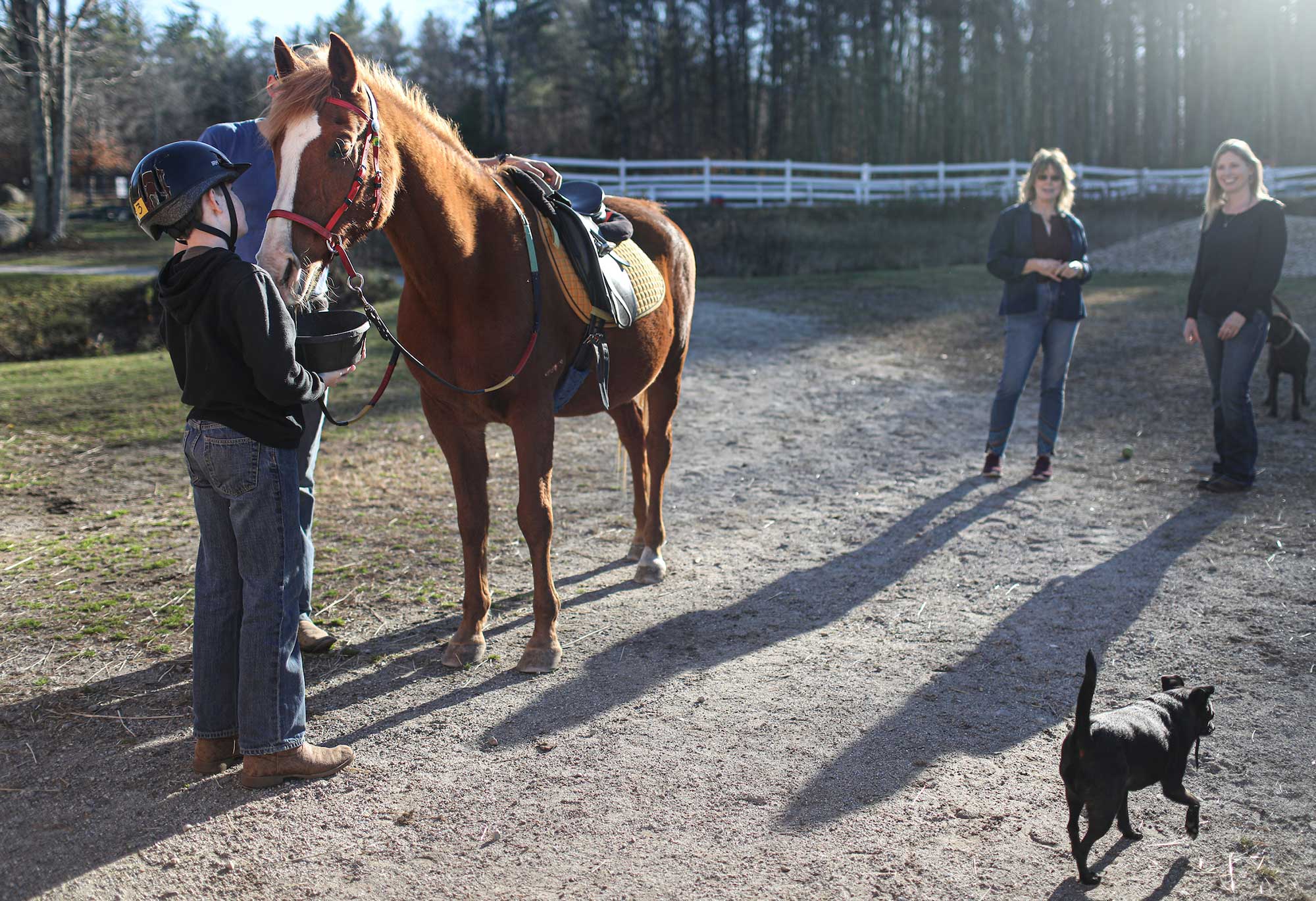








![Rev. Heidi Carrington Heath joined Seacoast Outright. [Photo by Cheryl Senter]](https://www.nhcf.org/wp-content/uploads/2024/05/Heidi-Carrington-Thumbnail-800x548.jpg)
![Dr. Jennie Hennigar treats a patient at the Tamworth Dental Center [Photo by Cheryl Senter]](https://www.nhcf.org/wp-content/uploads/2024/05/TCCAP-Hero-800x548.jpg)

